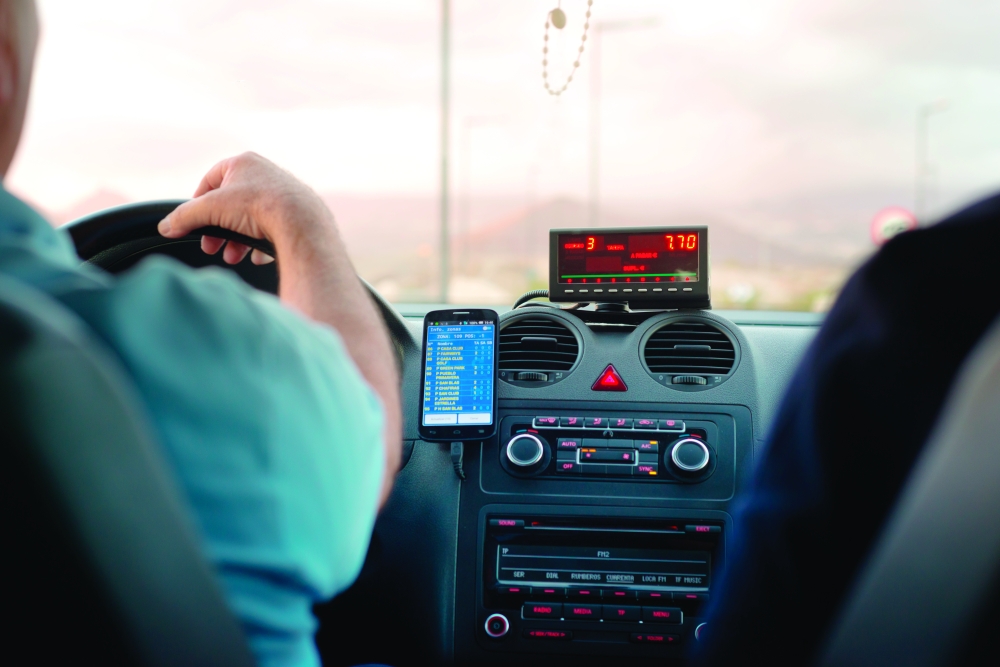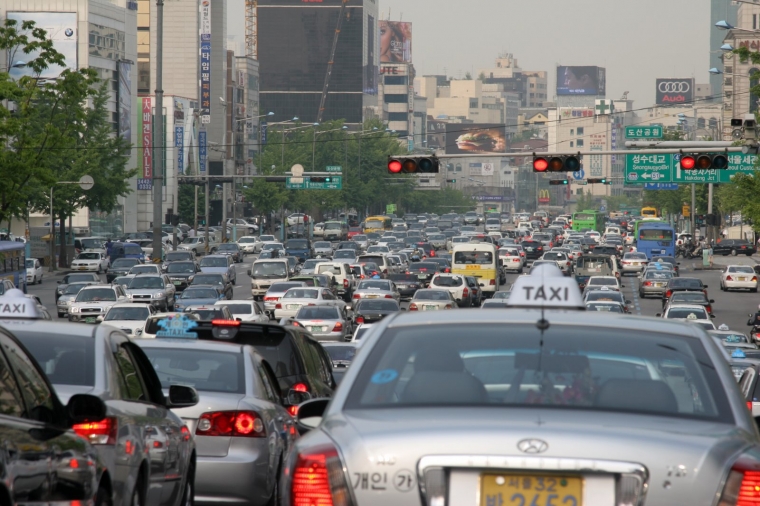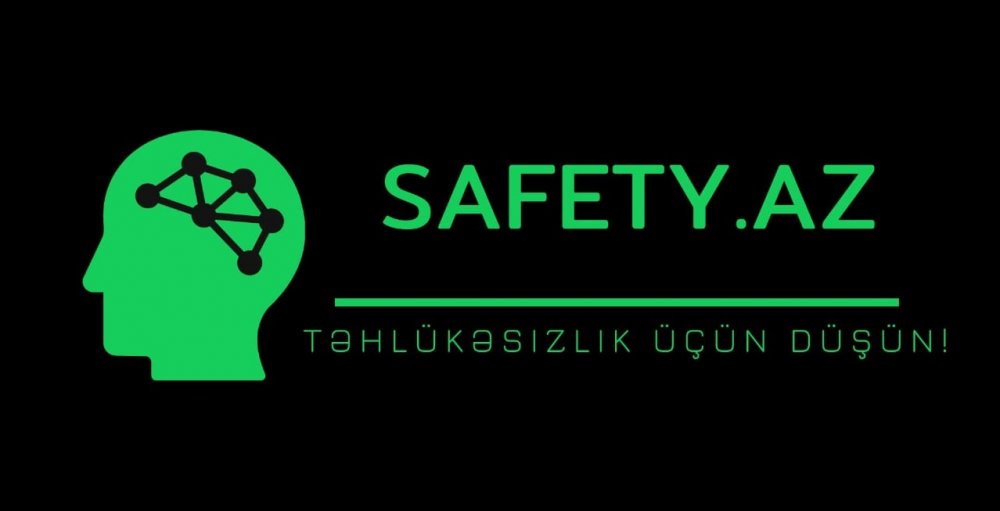Driving during Ramadan

Ramadan is Moslem holy month when people fast between the hours of sunrise and sunset. The fast includes not taking food or drinks and no smoking. Ramadan is also followed by relatively less hours of sleep. Temporary lack of food and stimulants during Ramadan and lesser hours of sleep can reduce the level of alertness, which is especially important for drivers. Doesn’t matter how big or small the vehicle is you are going to operate, whether you are on night shift or day, get prepared to handle properly potential safety problems you can encounter at your work during Ramadan.
Fatigue – will be the biggest challenge for you during days of fasting.
Why fatigue?
Simply because:
- fatigue may catch you easier during fasting
- your body will respond to the lack of energy by slower reaction and lower alertness
- your vision and judgement can be impaired
Obviously, all these can increase the potential risk of having an accident. What do you need to do to avoid fatigue during Ramadan?
REMEMBER:
having enough energy and rest are key factors to handle fatigue!
You must be very serious now about such simple things as taking food and taking rest.
Why it is so important for driving?
Your work is very serious mission: yours and your passengers safety are in your hands!
Take this issue very seriously and plan your work schedule for the period of Ramadan.
This will help you to avoid fighting with fatigue. You will loss even more energy fighting with fatigue, because you can’t fight with nature!
Your fitness is an inseparable part of your professional capabilities. You are really professional if in addition to professional driving skills you can professionally take care about yourself. e.g.: If you didn’t have such habit before to take food early morning now it is time to do it! Do not forget – your duties make you a bit different from others: you are responsible for safety of people in your car, people on the road and your own safety.
It is recommended to include in the morning menu sweet food and drinks: sweets will give you additional energy during the fasting time especially if the type of equipment requires more efforts for operation. In mountainous areas you can find yourself in much cooler and harsh environment. It is recommended that your morning meal consisted of a hot food and drinks.
Driving off road is another serious challenge during days of fasting. Even being well prepared, you may suddenly feel yourself tired…
What to do in such case? Just do not drive when you are tired! Stop the car and take rest.
Having enough energy will help you to stay alert and vigilant. Why you need to be especially vigilant during these days?
A lot of people will be fasting these days, not only you. There can be another driver on the road suffering from fatigue. You also have responsibility for the community around you.
Another skill which you have to implement seriously is energy saving.
e.g.: If you have a break in your work and people invite you to play basketball will you accept it?

During this month avoid activities that are beyond your direct duties: they will spend your energy which you need to maintain the required level of fitness and vigilance. Be professional: fatigue can be managed and controlled by proper scheduling of your work and rest time, taking enough food and liquid and saving energy. Work with your management to develop a schedule allowing you: to avoid driving during rush hours and avoid congested areas.
Be professional and manage your time: use the hours of your night sleep fully – do not share the time of rest. Take as much rest as possible – this is vitally important to execute your driving mission. Check and verify safety of your passengers: they can be suffering from fatigue during fasting and can forget simple things like buckling seat belts.
Your defensive driving skills are particularly important during Ramadan. All recommendations on how to deal with fatigue during days of fasting are actually about how to stay alert and concentrated on defensive driving techniques.
Safety.az



